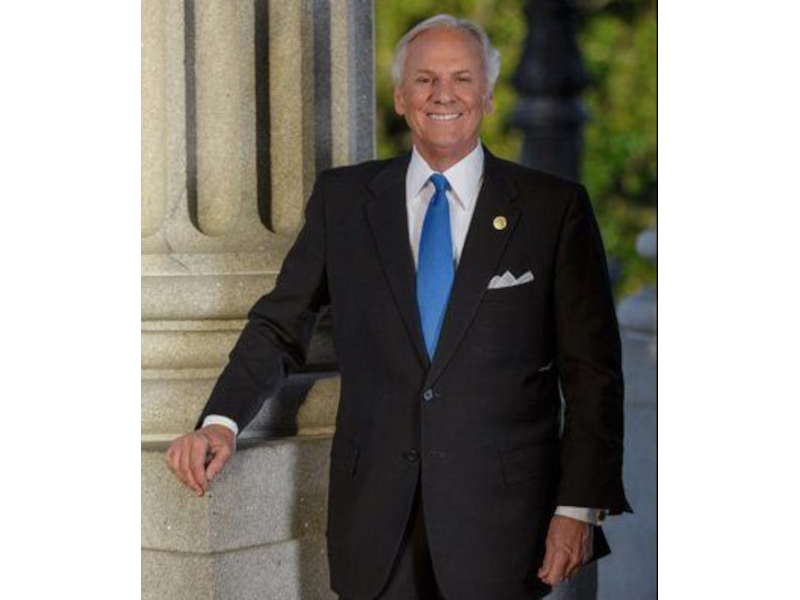In a unanimous decision, the Supreme Court ruled on June 21 in favor of NCAA athletes being allowed to generate revenue while in school.
Justice Neil Gorsuch, author of the opinion, wrote that placing limits on education-related benefits for college atheletes vioates anti-trust laws, according to the opinion. In a concurring opinion, Justice Brett Kavanaugh suggested that any future limitations on compensation for college athletes might not fare well antitrust cases.
MORE: Kemp Signs NIL Bill for College Athlete Compensation
The compensation issue has long been one that’s plagued college athletics. Perhaps the most notable recent offense would be that of former Auburn quarterback and current New England Patriots quarterback Cam Newton. He was accused of receiving “improper benefits” during his NFL recruitment in 2010. Newton ultimately moved on to play professional football before the investigation could make much impact.
The debate regarding compensating college athletes caught national attention in 2014 due to the popular video game franchise “NCAA Football.” EA Sports had been creating the video game for each college football season, starting in 1998. The franchise became a huge success and sold over a million copies each year, according to forbes.com.
The franchise generated millions of dollars off the namesake of popular college athletes without providing them any compensation. Due to the strict regulations set in place by the NCAA, EA Sports was ultimately forced to stop production of that video game series in 2014.
[adrotate banner=”54″]
Recently, several states have passed legislation that allows NCAA athletes to make money from the use of its name. California, Texas, North Carolina, Georgia and Florida have all passed legislation that will allow for the compensation of athletes in the future.
South Carolina has now joined that list. The topic was argued in the state senate on March 31, and a Gov. Henry McMaster signed the bill on June 21.
“This new law is an exercise in free enterprise,” McMaster said at the time. “South Carolina is a place that believes in three pillars of success: education, environment and economics. You can’t have success in one without success in the other. This is a part of education and also a part of economics.”
The new law will become effective on July 1, 2022 and will allow NCAA athletes in South Carolina to make money from their names.
The Supreme Court decision will only allow athletes to generate revenue for “educational purposes” with the possibility to allow compensation from other areas as well.
Jack Johnson is a Sports Intern with the The Augusta Press. Reach him at JACJOHNSON@augusta.edu.
[adrotate banner=”49″]









